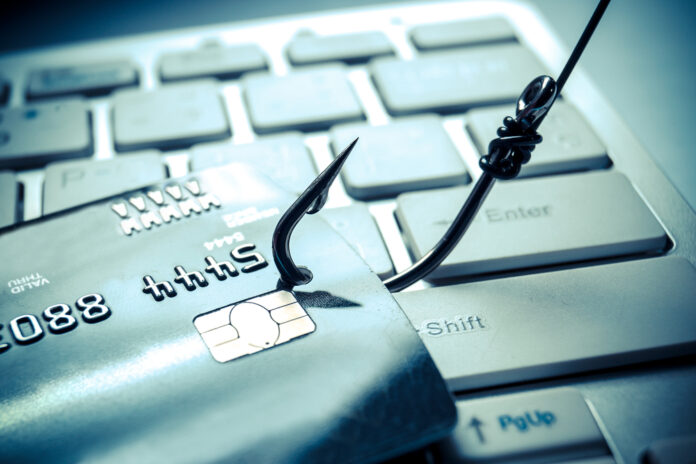Global cybersecurity firm Kaspersky is urging financial institutions in the Philippines to treat phishing as a strategic threat, not just a consumer nuisance. As digital banking grows across Southeast Asia, the rise in financial phishing is now directly impacting banks’ credibility and operational integrity.
“Phishing is no longer just about duping individuals—it’s about undermining institutional trust and function,” said Sam Yan, Kaspersky’s head of sales for Asia emerging countries. He emphasized the need for comprehensive cybersecurity awareness and infrastructure hardening at all organizational levels.
In 2024, Kaspersky blocked 10.7 million financial phishing attempts globally, with 38,370 targeting Philippine financial entities. The firm reports an 83 percent surge in scams involving cryptocurrency, driven by increasingly sophisticated tactics like fake bank websites, SMS phishing, and bogus investment platforms.
The Philippines remains vulnerable due to low public awareness and widespread impersonation of banks and government agencies—especially during tax season or aid rollouts. Common techniques include credential harvesting, social engineering, and spoofing official services.
Kaspersky recommends proactive defense through updated systems, restricted access protocols, phishing simulations, and robust endpoint protection. For individuals, strong passwords, 2FA, and cautious app use remain critical.
With the digital threat landscape accelerating, Kaspersky urges institutions to adopt a culture of digital vigilance or risk falling behind cybercriminals’ rapid evolution.







